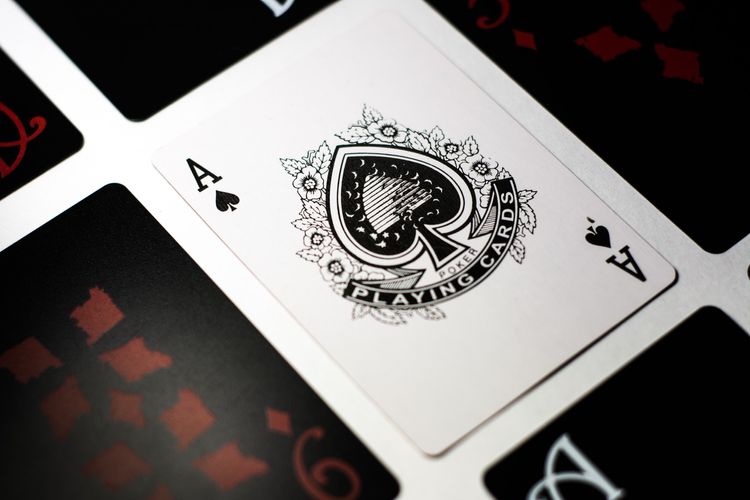Ready Aim ... Settle!

Over ninety percent of all litigation disputes settle prior to trial, because trials are expensive, have unpredictable results, and are not final. Yet parties rarely give much thought to developing a settlement plan. Emotions are usually the highest during the beginning of litigation, creating a "no settlement" mentality. These 5 steps will help you obtain the best possible settlement.
- Define Your Litigation Objectives. Think about settlement at the outset, not after litigating the case for months. What are your goals? To obtain a cost-effective result, renegotiate or terminate a contract, prevent future harm, uphold one's principles, avoid becoming an easy litigation target, etc. Once you have identified your objectives, all of your litigation tactics should be geared towards achieving them.
- Realistically Evaluate Your Case. The second step is to evaluate your chances of success. Identify the elements of each claim and defense. Do you have or can you obtain the evidence to establish these elements? Don't confuse what you know or suspect with what you can prove. What is your biggest weakness? How can you and your attorney overcome this weakness? What are your opponent's strengths and weaknesses? How might you and your attorney exploit your opponent's weaknesses now rather than waiting for trial? Assuming that the experience and talent of the attorneys on both sides are equal, what are your chances of success? The stronger you make your case and the weaker you make your opponent's, the better your chances of obtaining your litigation objectives.
- Prepare for Trial, Not Settlement. One way to make your case better for purposes of settlement is to prepare aggressively for trial. Whether you are the plaintiff or defendant, you should always take the offensive. This does not mean you should engage in wasteful litigation. Rather, it means that you should attack your opponent's weaknesses and work at undermining his or her confidence, while doing what is necessary to strengthen your case.
- Identify Your Opponent's Motive. A successful settlement involves persuasion. It's easier to persuade your opponent when you know his or her motives. Why did the plaintiff sue? Did your attorney ask the plaintiff why he or she sued and what he or she wants? Why is the defendant unwilling to settle? These are questions you should continually ask and attempt to answer. According to New York Times article, hospitals are starting to disclose medical errors. Why? Disclosure makes patients less indignant and concerned that mistakes will happen again, and thus less likely to sue. At the University of Illinois, only one patient out of 37 filed suit when the hospital acknowledged a mistake and apologized! It pays to discover your opponent's motive.
- Negotiate Strongly. Always negotiate from a position of strength. Prepare for the settlement conference or mediation just as you would for trial, even if you think there is little chance for settlement. Use technology such as computer presentations and video clips of key deposition testimony so that your opponent can visualize the strength of your case. Also, consider including in your settlement demand terms that are willing to give up in favor of other terms.





